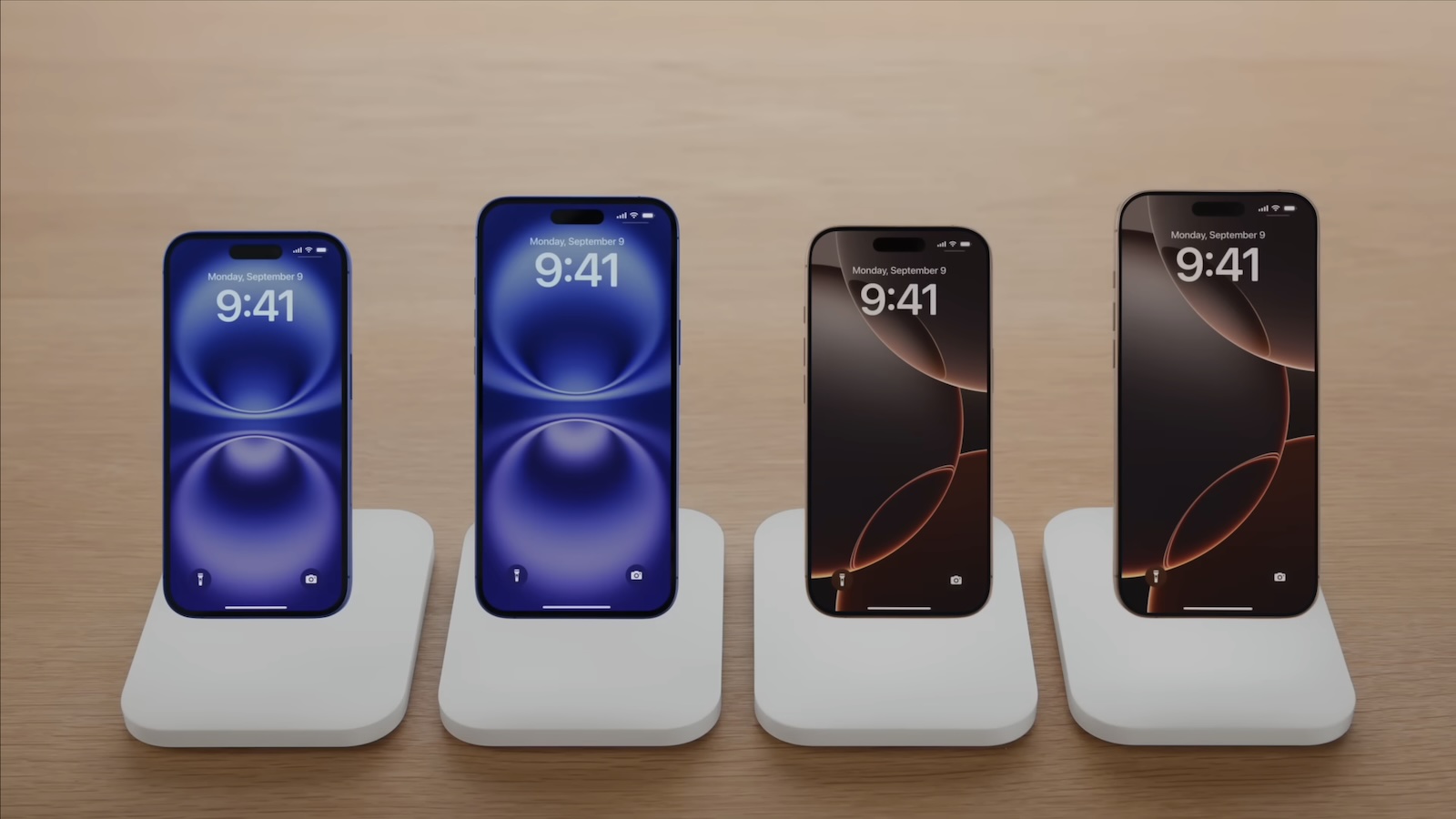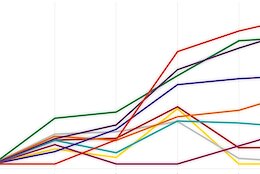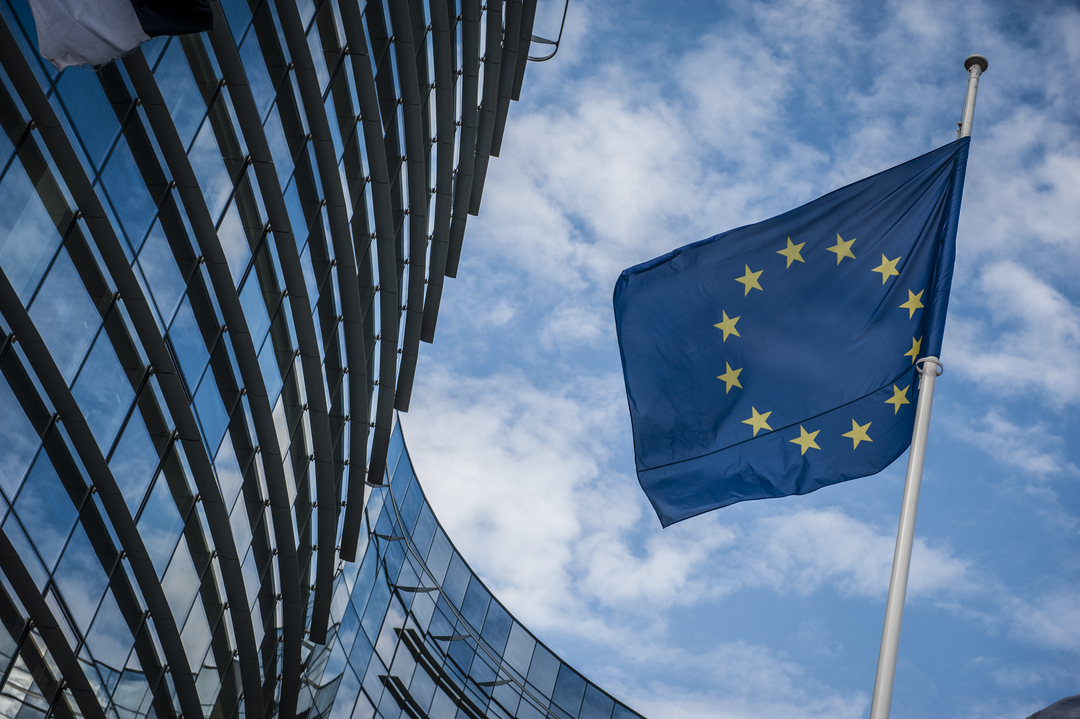Apple is close to reaching an agreement with Indonesia to lift the ban on iPhone 16 sales in the country after securing preliminary approval for a $1 billion investment proposal, according to Bloomberg.
Indonesian President Prabowo Subianto is said to have given his support for the government to accept Apple’s investment plan following a weekend briefing. The proposal includes establishing manufacturing facilities in the country, with one of Apple’s suppliers set to build an AirTag production plant on Batam island.
The Batam facility is expected to initially employ 1,000 workers and will eventually account for 20% of global AirTag production. The location was chosen for its free-trade zone status, which provides tax exemptions and import duty benefits.
Additional investments will fund a separate manufacturing facility in Bandung for producing other accessories, as well as expanding Apple’s existing developer academies in Indonesia. President Prabowo has directed his Economic Affairs Ministry to finalize the agreement, but no specific timeline has been provided for lifting the iPhone 16 sales ban.
The ban was implemented in October after Indonesian authorities determined Apple had failed to meet the country’s requirement for 40% domestic content in smartphones. Apple’s latest proposal represents a significant increase from its previous offers of $10 million and $100 million, which were rejected by the government.
If approved, the deal would mark a success for President Prabowo’s efforts to attract foreign investment while demonstrating the effectiveness of Indonesia’s strategy to pressure international companies into developing products locally. The country remains a significant market for Apple, with over half of its 278 million residents under the age of 44.
This article, “Apple’s $1 Billion Investment May Soon End Indonesian iPhone Ban” first appeared on MacRumors.com
Discuss this article in our forums
Apple is close to reaching an agreement with Indonesia to lift the ban on iPhone 16 sales in the country after securing preliminary approval for a $1 billion investment proposal, according to Bloomberg.
Indonesian President Prabowo Subianto is said to have given his support for the government to accept Apple’s investment plan following a weekend briefing. The proposal includes establishing manufacturing facilities in the country, with one of Apple’s suppliers set to build an AirTag production plant on Batam island.
The Batam facility is expected to initially employ 1,000 workers and will eventually account for 20% of global AirTag production. The location was chosen for its free-trade zone status, which provides tax exemptions and import duty benefits.
Additional investments will fund a separate manufacturing facility in Bandung for producing other accessories, as well as expanding Apple’s existing developer academies in Indonesia. President Prabowo has directed his Economic Affairs Ministry to finalize the agreement, but no specific timeline has been provided for lifting the iPhone 16 sales ban.
The ban was implemented in October after Indonesian authorities determined Apple had failed to meet the country’s requirement for 40% domestic content in smartphones. Apple’s latest proposal represents a significant increase from its previous offers of $10 million and $100 million, which were rejected by the government.
If approved, the deal would mark a success for President Prabowo’s efforts to attract foreign investment while demonstrating the effectiveness of Indonesia’s strategy to pressure international companies into developing products locally. The country remains a significant market for Apple, with over half of its 278 million residents under the age of 44.Tag: IndonesiaThis article, “Apple’s $1 Billion Investment May Soon End Indonesian iPhone Ban” first appeared on MacRumors.comDiscuss this article in our forums Read More MacRumors: Mac News and Rumors – All Stories
#Techno #PCWorld















